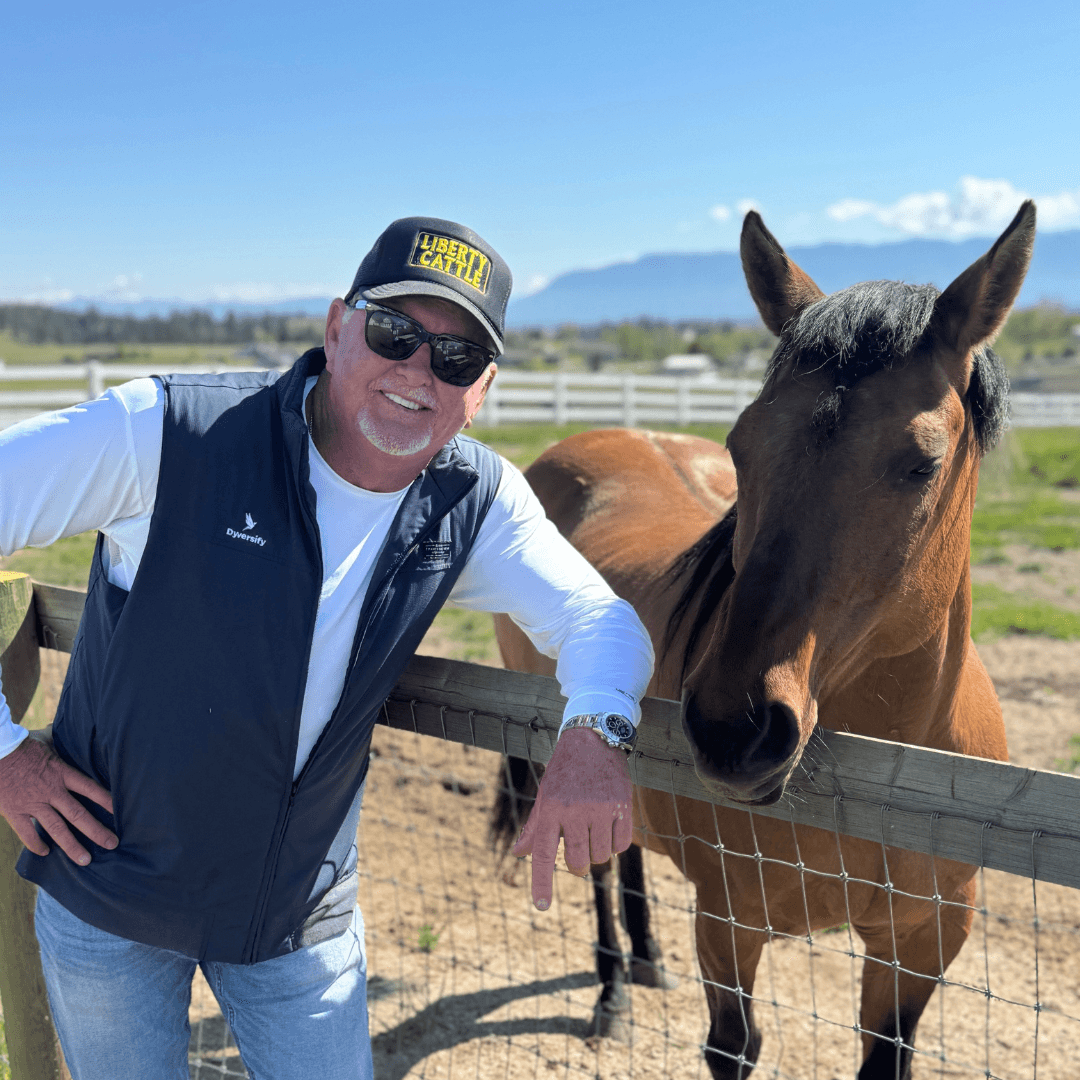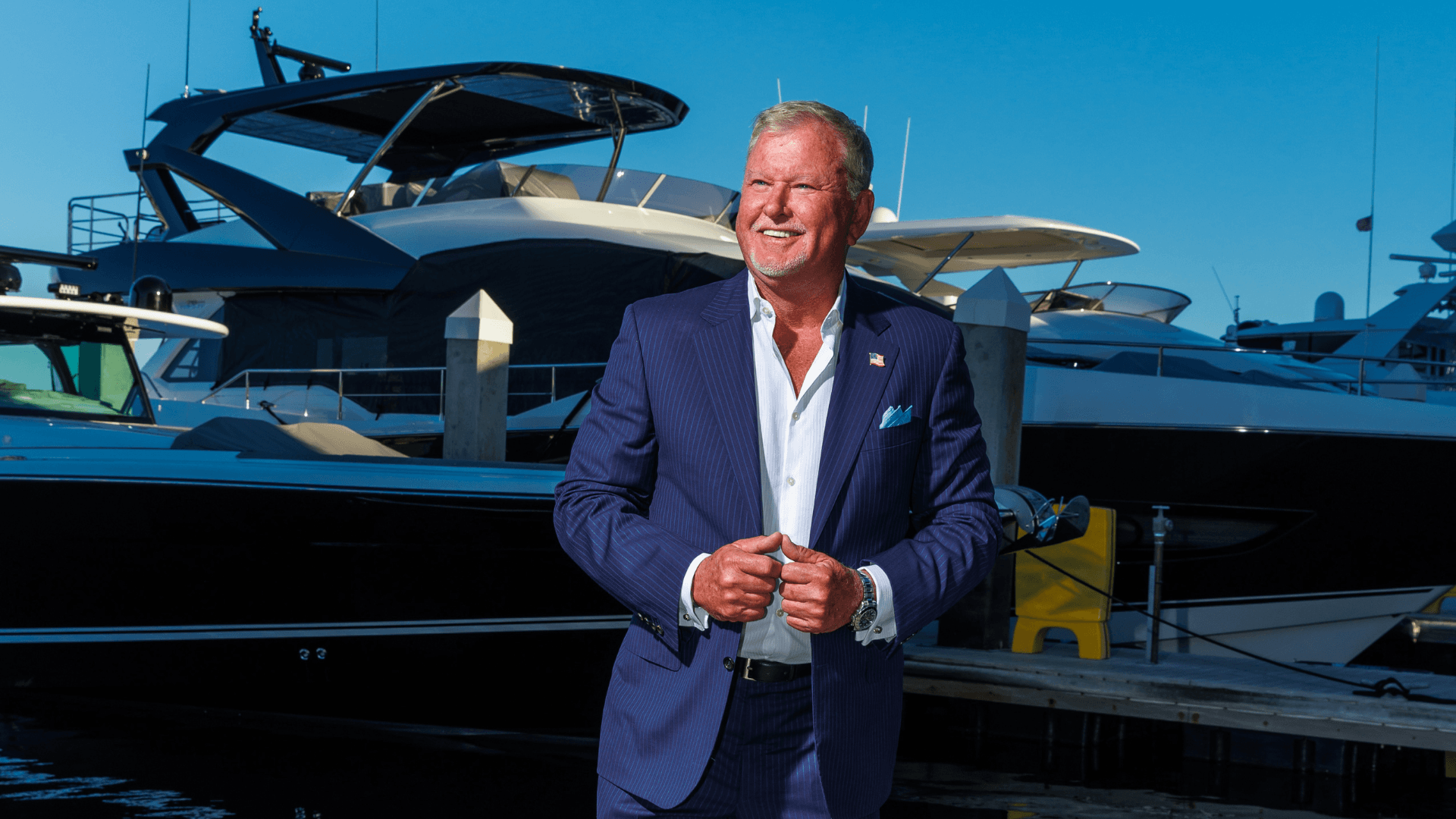We were lucky to catch up with Richard O’Connor recently and have shared our conversation below.
Alright, Richard thanks for taking the time to share your stories and insights with us today. Let’s talk legacy – what sort of legacy do you hope to build?
When people talk about legacy, they often think of wealth or accolades. For me, legacy is about impact — did I help people become more than they believed they could be? Did I leave businesses better than I found them? Did I use the gifts I’ve been given to light the path for others?
I’ve had the privilege of working across a wide range of industries — from private equity to oil and gas to entertainment, real estate to consumer goods, and many more — and in every venture, I’ve tried to be more than just a dealmaker. I want to be remembered as someone who saw potential where others saw risk, who treated people with integrity, and who never stopped asking the hard questions that lead to real growth.
At this stage of my life, I’m especially proud of the people I’ve mentored — whether they were young entrepreneurs trying to raise capital for the first time or seasoned operators looking to pivot into something more meaningful. If my legacy is that I helped others see the full field and move with purpose, then I’ve done my job.
Part of that legacy has also come through service beyond business. I’ve had the honor of serving on several Boards of Directors over the years — including Velocity Services (Penske Media Corp), the Betty Ford Center, and Ranch Recovery Center. Those roles allowed me to contribute not only strategic oversight, but also heart. Whether it was supporting addiction recovery or driving operational growth, each board experience gave me a deeper connection to the communities and causes I care about most.
And on a personal level, as someone who’s been through my own battles and come out stronger — I hope I’ve shown that it’s never too late to rewrite your story. That you can win, lose, rebuild, and come back wiser, more grounded, and more generous with what you know.
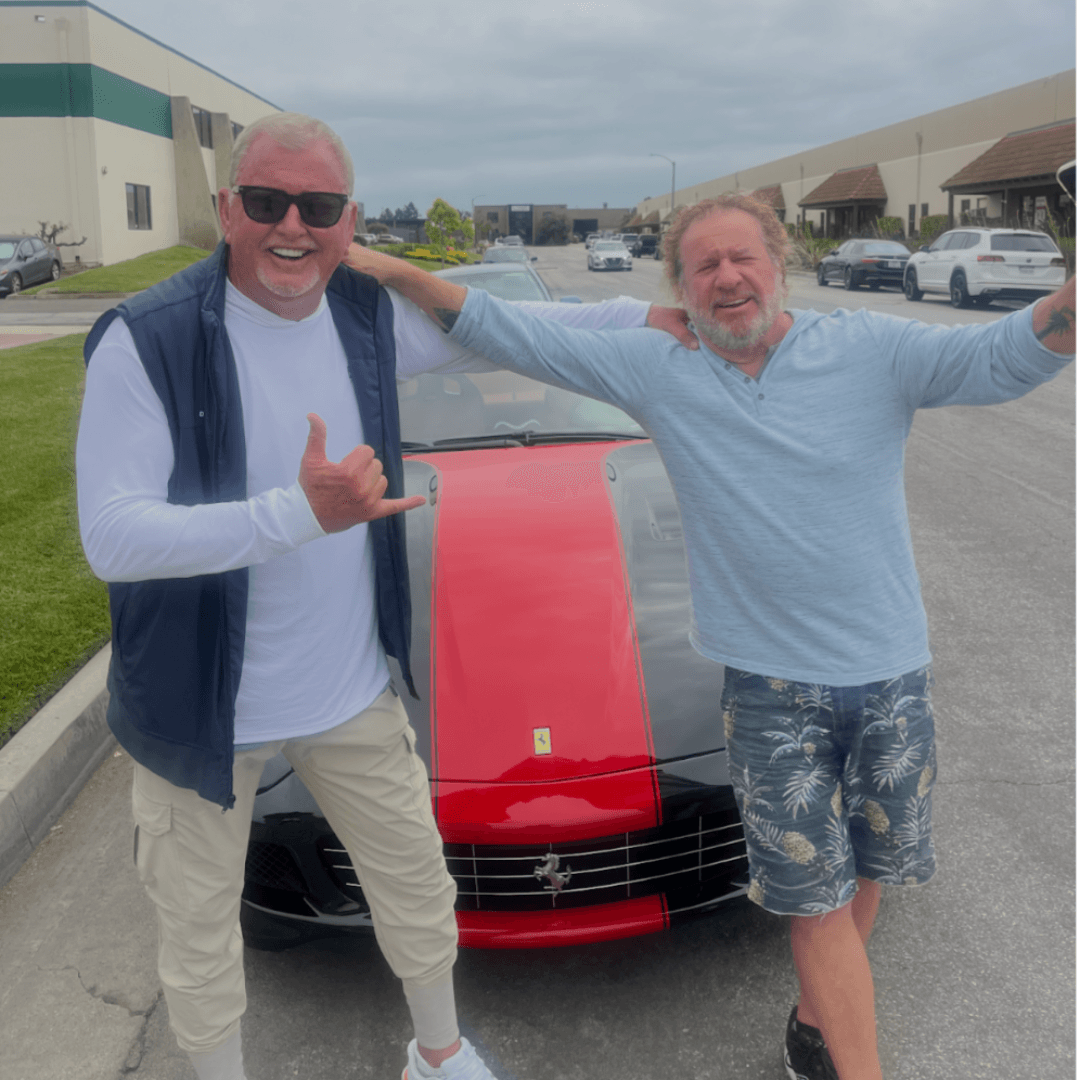
As always, we appreciate you sharing your insights and we’ve got a few more questions for you, but before we get to all of that can you take a minute to introduce yourself and give our readers some of your back background and context?
I grew up between two very different worlds — first in New York City (Hell’s Kitchen), and later in Arizona and California. And while it might sound cliché, I really did come from nothing. My father’s side of the family grew up with a group of “wise guys” — in a very tough Irish neighborhood – the type of environment that shaped a lot of what I witnessed early on. After a series of trials, losses, and complications, my mother, sister, and I moved to California to start over. We didn’t bring much with us except a will to survive and rebuild.
That kind of upbringing forces you to grow up fast. I learned how to observe people, adapt quickly, and navigate tough situations. I also discovered I was naturally athletic — a gift that opened doors for me. Coaches took me under their wing, not just because I could perform on the field, but because I worked hard and hustled to earn everything I had. I’d stay late to help clean up, work events to earn money, and find ways to contribute — not because I was told to, but because I knew early on that nothing was going to be handed to me.
There’s a story I often share — I call it the “snow cone” story. I was a strong pitcher in youth baseball and got recruited to play for a private school team, even though I didn’t attend the school. Because I was Catholic, they enrolled me in their catechism program to make it work on paper. I ended up pitching the championship game and led the team to victory. I stood there holding a trophy and a snow cone, surrounded by kids in uniforms I didn’t wear and classrooms I never stepped into. I didn’t even end up in the catechism class after all — they wouldn’t let me in. And in that moment, instead of feeling proud, I felt like a fraud. That moment stayed with me.
It planted the first seeds of impostor syndrome, something I wrestled with even as I began rising in the business world. I found myself in boardrooms with Ivy League graduates and multigenerational white-collar business leaders, questioning if I truly belonged — even though I was just as sharp and just as capable. Like I was with sports, I was naturally good at business. But the path wasn’t paved for me. I learned through trial and error, by taking risks, falling hard, and getting back up with more wisdom each time.
That’s one of the reasons I invest so much in mentoring now. I have an eye for spotting raw talent — especially in people who, like me, didn’t grow up with the resources or roadmap. I want to be the person I didn’t have when I was coming up. I often relate to characters like Bobby Axelrod from the show Billions on Showtime — not because of the wealth, but because of the tension between where you come from and where you’re headed. Just the right amount of grit, while building something really great.
I didn’t follow a straight line into being a successful entrepreneur in private equity. I took the long road — through startups, oil and gas, automotive with Penske Media, entertainment, real estate, and more. What ties it all together is my ability to see patterns and opportunities others miss — and the energy to execute quickly and effectively.
Today, I run multiple ventures. I always have more than one deal in motion. What sets me apart isn’t just the diversity of industries I’ve worked in — it’s the way I can see people and help them tap into a vision they didn’t know was there. Whether I’m working with a founder trying to raise capital or a company in need of reinvention, I bring strategy, clarity, and momentum.
What I’m most proud of? I’ve never been a one-trick pony. I’ve stayed relentlessly curious. I’ve taken the hits and kept going. And I’ve built a life — and a business — rooted in transparency, resilience, and belief in what’s possible when you bring the right people together with the right plan.
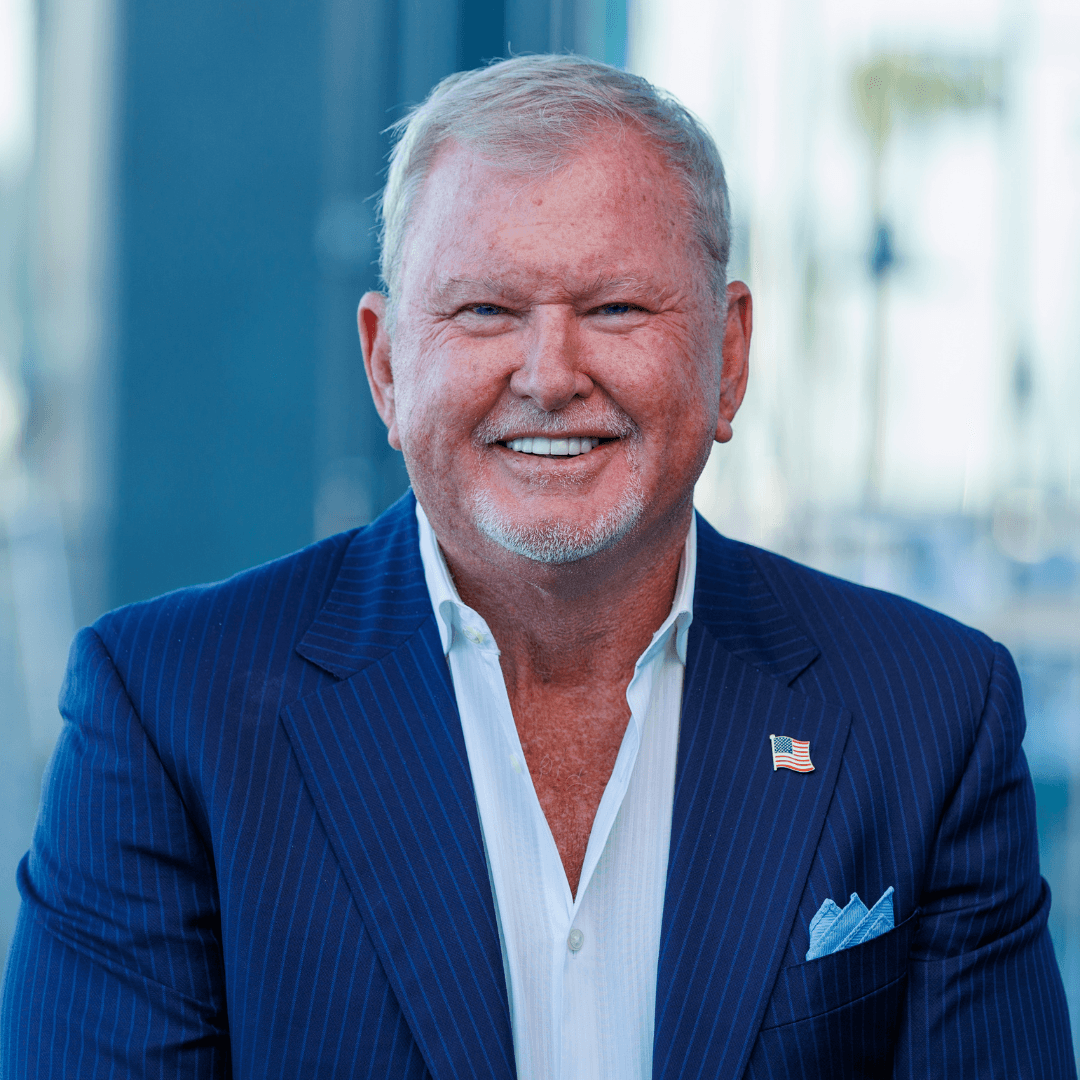
Have you ever had to pivot?
My whole life has been a series of pivots.
I’ve gone from tending bar to negotiating eight-figure deals — and there’s a story behind every twist. I’ll never forget the night Aaron Spelling walked into the bar where I was working and invited me to audition for the lead role in Macgyver. They offered me the part. I turned it down. Not because I didn’t want the opportunity, but because I didn’t know anything about acting, and I wasn’t going to fake it. That moment taught me something important: know what you’re good at, and don’t chase spotlight over substance.
Not long after, another man walked into my life — a different kind of mentor. Richard “Dick” Heckmann. He saw something in me and told me flat out: you have a gift, and I’m going to help you make your first million. He did just that. Dick was a powerhouse — co-owner of the Phoenix Suns and Mercury, and other companies. He was bold, brilliant, generous, and a wonderful mentor. Years later, after his passing, I now have the honor of working with his son, Thoman Heckmann, on multiple deals. Life comes full circle when you stick around long enough and stay true to your word.
But the biggest pivot wasn’t about career — it was about survival. Years ago, I looked like I had it all on the outside, but internally, I was burning out. I was pushing too hard, drinking too much, numbing the pressure with habits that nearly cost me my life. I had multiple near-death experiences that forced me to stop and ask a hard question: What kind of man do I want to be? Not just in business — in life.
Choosing sobriety was the hardest and most important pivot I’ve ever made. It wasn’t just about getting healthy — it was about regaining clarity. With that clarity came precision in business. I could see through the noise, make cleaner decisions, read people more accurately, and support others through their own forks in the road. It also gave me something I never had before — peace. And with that came purpose.
I have a saying: “I was wrong. Where do we go from here?”
That mindset — own it, fix it, move on — has carried me through some of my toughest transitions. I don’t get stuck in ego or failure. I get curious. I move forward.
On the business front, I’ve reinvented myself with every deal. Some people know me as the oil and gas guy. Others know me from the 1990’s where I worked on several reverse mergers and IPO’s, others know me as the owner of the record label, Rogue Records that signed clients such as the rock band Great White. Some know me as the Founder of DirectResponseTV working with QVC and HSN Direct, where I worked with notable people such as Kevin Harrington (SharkTank) and Chad Murdock (Hooked on Phonix) where I was nominated for nine National Infomercial Marketing Association (NIMA) Awards. The truth is — I’m all of those things. And none of them define me.
What defines me is my ability to see the field, recognize talent, and bring the right people together for a specific purpose. To see opportunity where others see chaos. To build teams I trust, work on things I believe in, and walk away from deals that don’t align with my values. These days, I don’t “play stupid games to get stupid prizes” — because I know how steep the price can be. I surround myself with good people. Honorable people. People who value loyalty, execution, and vision.
If there’s one through-line in all of this, it’s that I never stop evolving. Each pivot has made me sharper, more grounded, and more committed to helping others do the same. Because in the end, life doesn’t reward comfort — it rewards courage. And I’ve built my life by being willing to change direction when the moment calls for it.
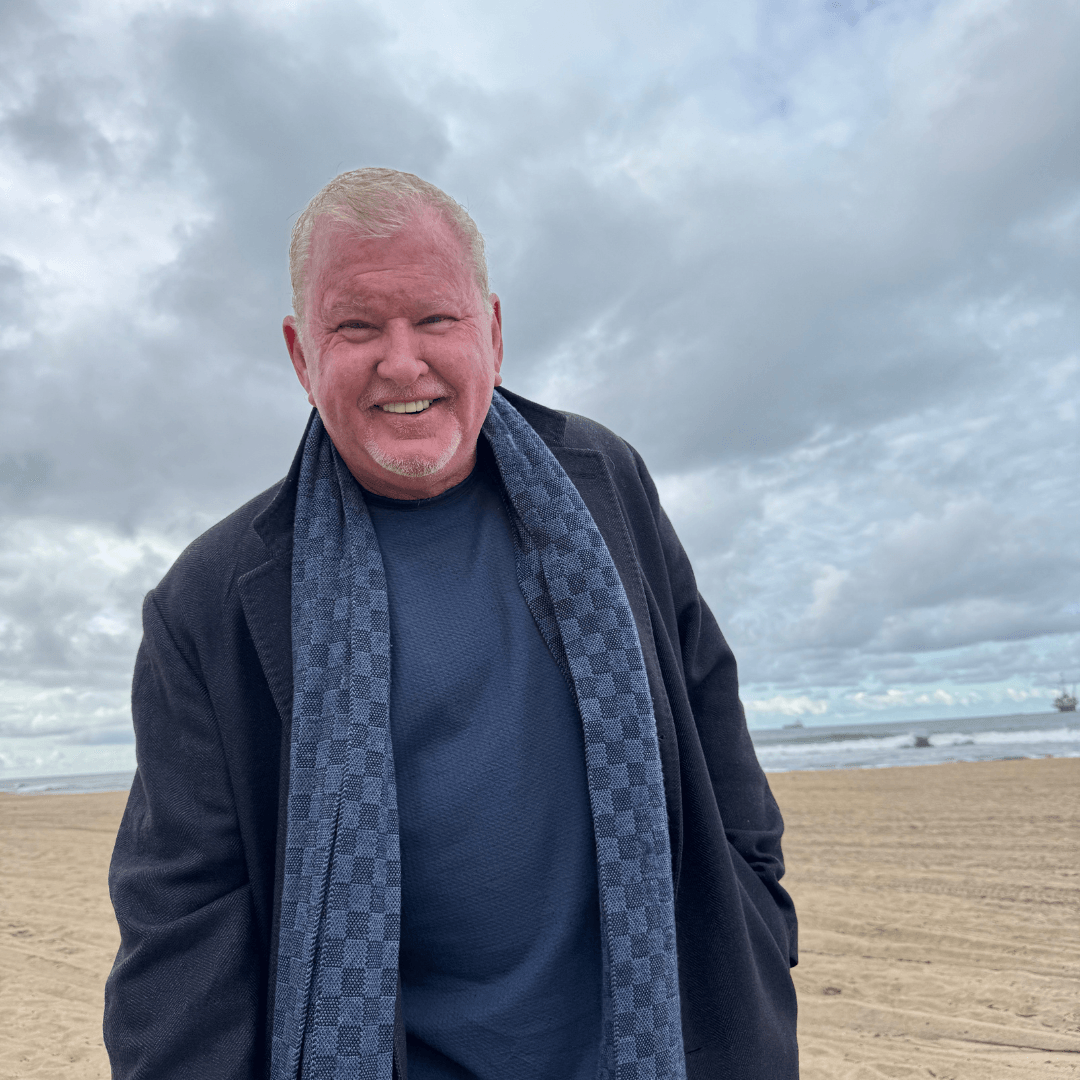
What do you think helped you build your reputation within your market?
Reputation isn’t built in the spotlight — it’s built in the quiet moments when no one’s watching. I think what’s helped me earn respect over the years is that I have established myself both personally and professionally as someone that is willing to do whatever it takes to become successful and make those around me successful too.
People know what they’re getting when they work with me: a guy who will get the job done at almost any cost, and someone who keeps showing up even when things get messy. I don’t ghost when things go sideways. I lean in. I problem-solve. I stay at the table until we’ve figured it out — and people remember that.
In private equity, everyone wants the big win — but I’ve learned that your reputation is truly forged in how you handle the losses. I’ve been in deals that didn’t unfold as planned. Some failed. But I never disappeared or made excuses. I took responsibility. I protected investors and partners the best I could, and I lead with integrity. That level of accountability builds trust in ways success alone never could. It tells people: This is someone I can count on, no matter what.
Another part of it is the range of my experience. I’m not just a finance guy or a numbers guy. I’ve been in the trenches — operating businesses, leading teams, developing products, even managing artists and media talent. I’ve sat in boardrooms and backstage green rooms. I’ve negotiated energy contracts and entertainment deals. That kind of cross-functional experience gives me a 360-degree view. I can walk into a room and see connections that others miss — because I’ve lived them in more than one industry.
And frankly, I believe people can sense when you’re for real. I’m not here to chase headlines or pretend I’m something I’m not. I’ve lived a lot of lives. I’ve made mistakes. I’ve rebuilt. I’ve evolved. And I’m still going. I’m in this game to build — to grow good people, grow good companies, and do work that has both purpose and payoff. That kind of energy — grounded, experienced, and unshakably honest — tends to attract the right kind of people. And that’s where a lasting reputation really begins.
Contact Info:
- Website: https://www.lidonbllc.com/
- Instagram: https://www.instagram.com/richard_ocjr/
- Linkedin: https://www.linkedin.com/in/richard-o-connor-918838324
